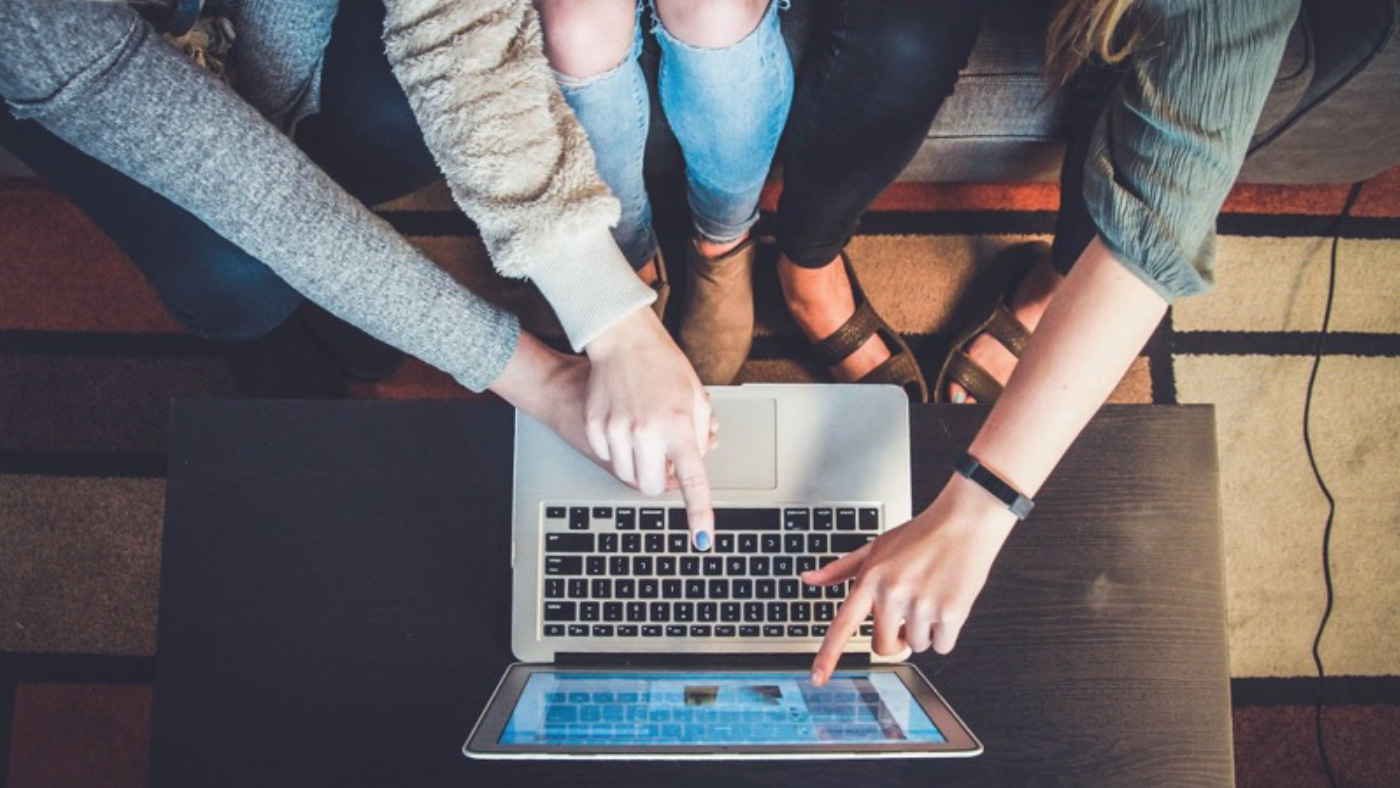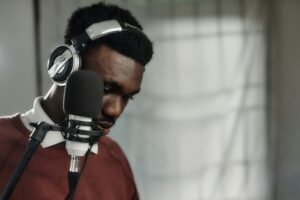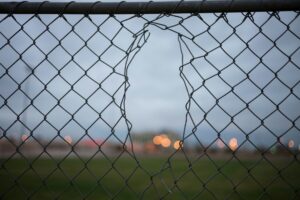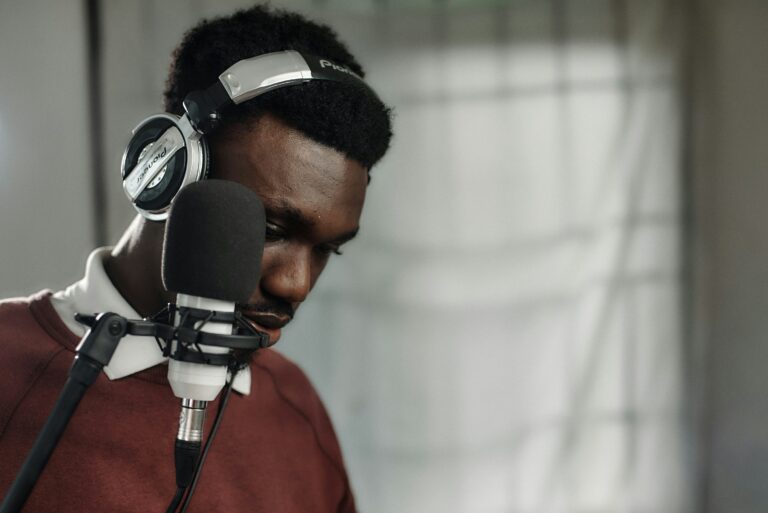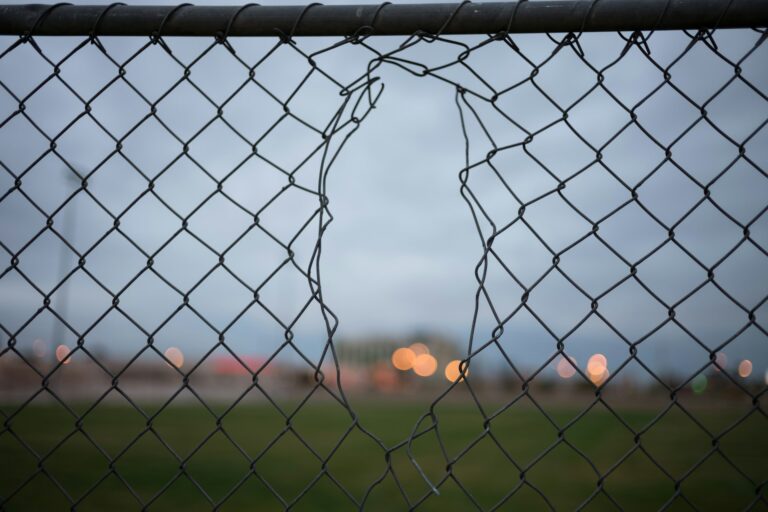In 2013, after Russia invaded Crimea, Polina was forced to flee her home. At the age of 7, she found herself in the US with her adopted family. She had no English language skills, but the people around her helped her learn. Polina’s first grade teacher spent the whole summer teaching her English for three hours every day, freely of her own time. Polina found that using American Sign Language (ASL) helped her grasp the meaning of English words, despite not being hard of hearing, so her adopted mother started using ASL to help her learn. When Polina got upset for getting something wrong in English, her adopted parents reassured her that it was going to be okay. Polina also used her own Russian language skills to help with her English acquisition, teaching her friend Russian in exchange for informal English lessons. It wasn’t easy to find friends who were willing to help her, but the few she found became a support system. Because of these people, Polina was able to break through the language barrier and make the US her second home. Today, Polina is at university, studying to be a special education teacher.
Polina was fortunate to have the people in her life support her language acquisition. But many in her position are not so lucky. The United Nations High Commission for Refugees reported that 89.3 million people were forcibly displaced in 2021. Many find themselves living without any formal protection or services. Those who are resettled to the US as refugees receive up to 90 days of services, which may include language classes. But at the end of those 90 days, they are on their own.
Without ongoing support, most refugees don’t easily develop social relationships outside of family and friends who speak their native language. Yet the research is clear about the importance of social relationships and language:
- With more language, one has more social contacts.
- With more social contacts in the host country, there are stronger language proficiency improvements.
- Social networks of family, friends and co-workers play an important role in helping newcomers overcome integration and related challenges.
In partnership with the Latudio language-learning app, Kusala’s vision is to support refugees’ and immigrants’ learning goals in a way that allows them to build meaningful and lasting social relationships. Instead of just using a language-learning app in isolation, refugees and immigrants can use the Latudio app together with native speakers, making meaningful connections through learning. For example, app users can explore words and sentences on their own and then share them with friends and family to practice even more.
Polina wishes she had been able to use this feature when she was learning English. “It would have been great to see the different ways that a word can be used and be able to practice with friends, instead of having to figure it out all on my own,” she says. Formal language-learning support for refugees and immigrants is, at best, grossly inadequate, and at worst completely non-existent. Left to their own devices, refugees and immigrants are often unable to make progress, which hampers their ability to make the connections necessary to further their learning. Through the Latudio app, Kusala Institute gives refugees and immigrants the tools they need to forge meaningful connections and to turn those into language learning networks. With Kusala, socializing is learning.
As the number of individuals like Polina grows, we kindly invite you to join our mission to turn social connections into language-learning opportunities for refugees and migrants. Every contribution can make a significant impact, even as a virtual volunteer. For larger donations and ways to create a profound change, please get in touch with us. Together, we can support the journeys of many to integrate and belong

